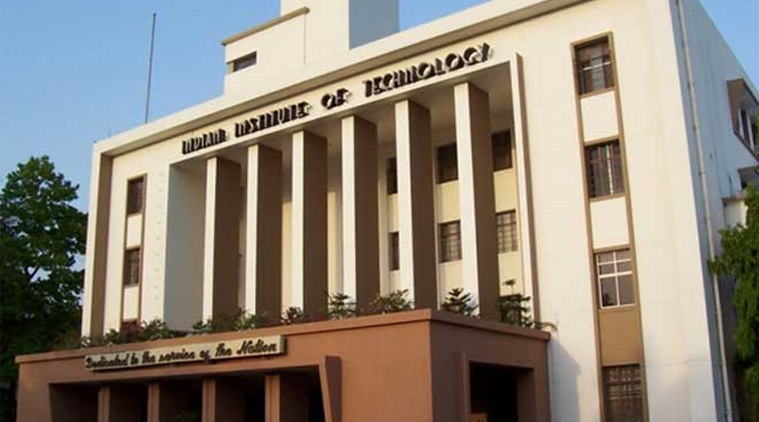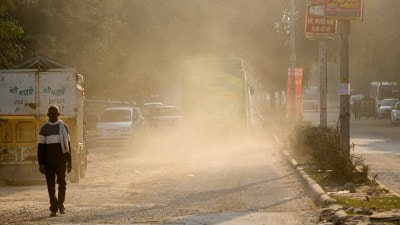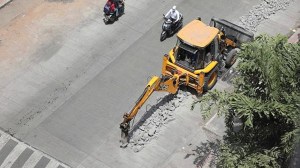Faced with the challenge of ensuring physical distancing in crowded hostels upon reopening, the IITs have sought a year’s extension to the 2021 deadline set by the government to add new seats for accommodating the 10 per cent Economically Weaker Sections (EWS) quota, The Indian Express has learnt.
The 23 premier engineering institutes collectively approached the Centre with the request last month, citing the COVID lockdown.

Read | THE Asia University Ranking: 8 Indian institutes in top 100, IITs on a ‘decline’
Government sources said the HRD Ministry will refer the request to the Ministry of Social Justice and Empowerment, which had moved the EWS quota proposal that was later approved by the Union Cabinet early last year.
The IITs have to collectively increase their student intake for undergraduate, masters and research programmes by roughly 6,700 seats. Of this, approximately 2,300 seats — about 500 for B.Tech — were added in 2019-20. The remaining 4,400 seats — about 1,300 for Btech — were expected to be added this year.
Read | CBSE pending exam 2020: Who can change exam centre and how
Although they are the first to seek such an extension, the IITs are not the only centrally funded institutions facing infrastructural constraints. The situation in the NITs (National Institutes of Technology) is said to be “the same” or “even worse”.
Story continues below this ad
All centrally funded educational institutions, including IITs, NITs, IIMs, central universities, IISERs and IIITs, have to increase their overall student strength by 25 per cent, over two years, to accommodate the quota — and ensure that existing number of seats for SC, ST, OBC and general category students does not face cuts.
Read | Engineering entrance exams for which application forms are still available
This would effectively mean the creation of an additional 2 lakh seats across all centrally funded institutions.
The IITs, in their collective request, have pointed to the delay caused by the lockdown in the construction of hostels.
Story continues below this ad
“Many IITs were either expanding or renovating their classrooms and hostels to accommodate the new students added under the supernumerary seats created last year to increase female enrollment and the additional seats to implement the EWS quota. This work was disrupted because of the lockdown and is unlikely to finish by the time they reopen,” said an IIT director, who did not wish to be identified.
Read | From early graduation to flexible grading – IITs chalk out plan for final year students
The NITs, however, haven’t yet placed a request for a similar extension.
“The accommodation situation in the NITs is the same or even worse. If we have to maintain a physical distance of one metre between students in classrooms and in hostel rooms, then the existing infrastructure is clearly not enough,” said the director of an NIT in north India, who did not wish to be identified.

 The IITs, in their collective request, have pointed to the delay caused by the lockdown in the construction of hostels.
The IITs, in their collective request, have pointed to the delay caused by the lockdown in the construction of hostels.






























